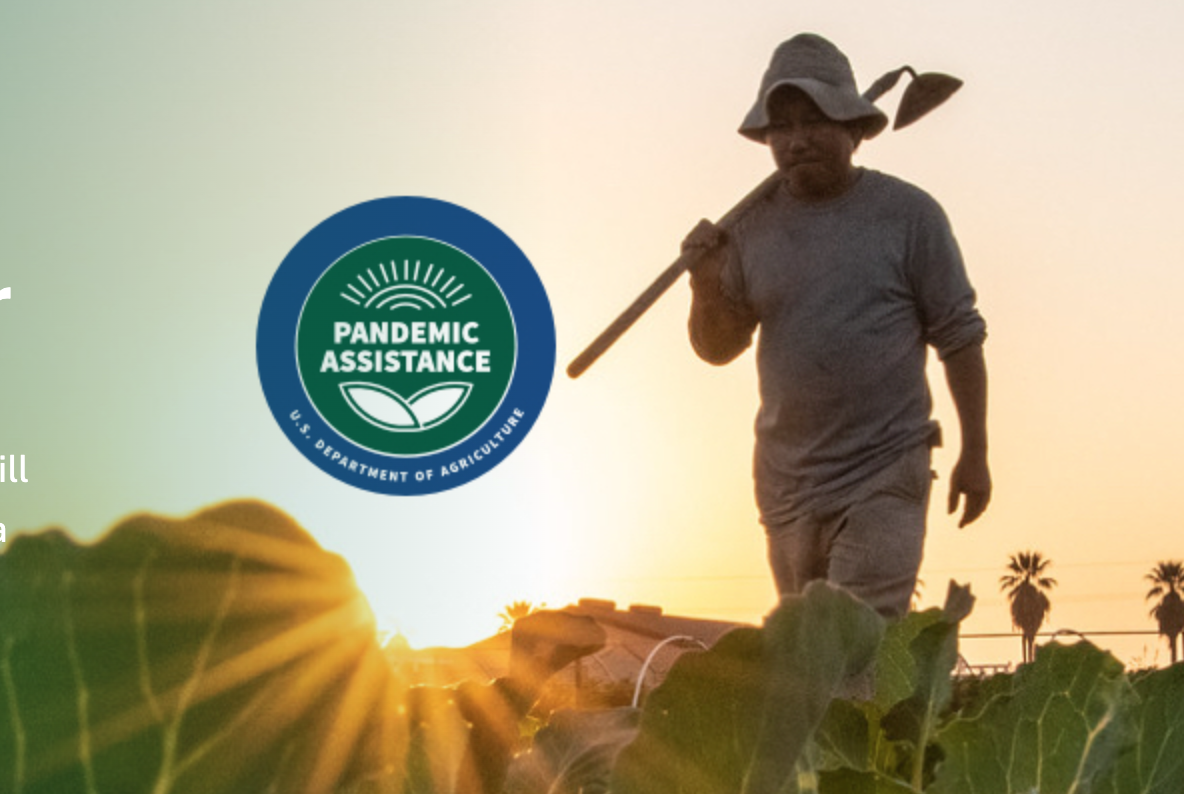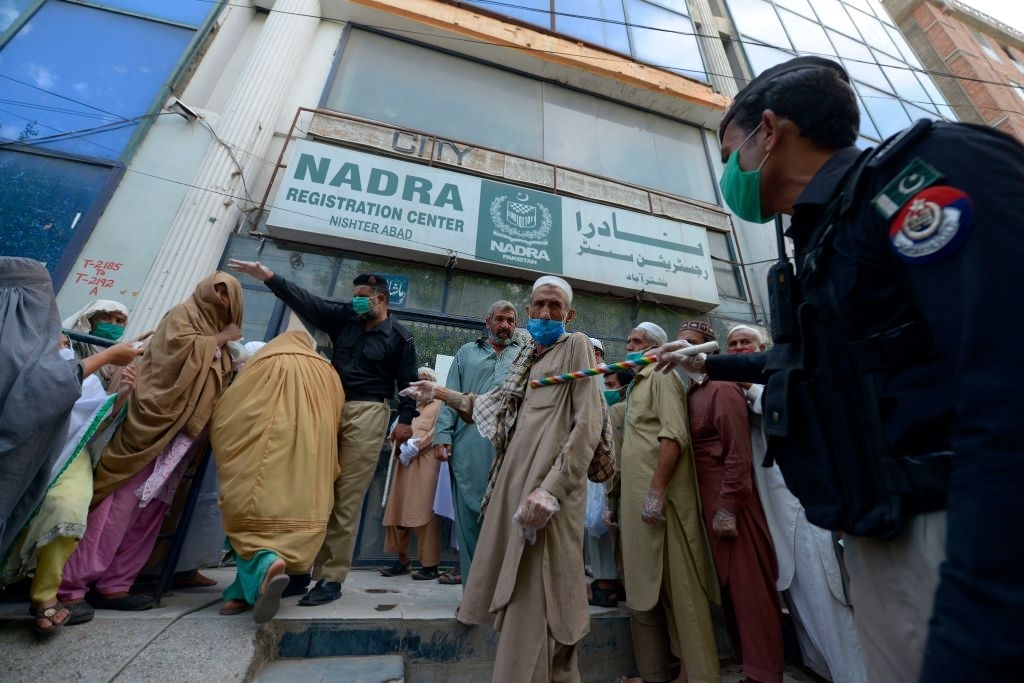Chandler Municipal Court has partnered with My Sisters’ Place to enable victims in the domestic violence shelter to file protective orders and be seen by a judge without appearing at the court in person. The partnership, announced in March, is the court's first collaboration with a domestic violence shelter for virtual hearings around protective orders, and it might not be the last.
According to Chandler Municipal Court Presiding Judge Alicia Skupin, virtual hearings have not only made processes more efficient for judges and lawyers internally, but also for those on the shelter's administrative side where the flexibility of virtual hearings is most evident to individuals they serve.
The value of virtual hearings became increasingly evident when people were quarantined, she said. The court had planned to move to a virtual platform prior to the onset of the COVID-19 pandemic, which positioned them well as many other government services began to move to a digital format.
The process is straightforward, Skupin explained. First, an individual fills out a petition to be seen by a court on the state website AZPOINT, the Arizona Protective Order Initiation and Notification Tool. Next, they will receive a link to their phone or computer to be seen virtually by a judge through Webex. After that, the judge reviews the petition electronically and can grant the order of protection, which can be valid for the survivor within a couple hours.
It is especially important for domestic violence survivors in a shelter like My Sisters’ Place, she said, as many times these individuals lack transportation access to get to a court in person.
Arizona laws are written in a way that allows anyone in Arizona to seek a protective order from any court in Arizona, which means that people who are located in another city without transportation can see a judge in Chandler Municipal Court’s virtual courtrooms to get a protective order when they need it.
The court is also working with the local police department to start doing civil traffic hearings virtually, which will be the next undertaking. Skupin expects that conversion to take place in the next month.
One of the challenges the court has worked to address is the digital divide. Individuals who do not have access to the Internet or a computer, or those who have restricted phone or Internet access, will still be able to come to the court in person.
The court also has computers in the building that can be used for this process for those who do not have a computer of their own, those who are immunocompromised and don’t want to be around a lot of people; or those who do not have the technology skills to use a computer by themselves.
The court has trained staff to offer support, but there are discussions of taking this a step further.
The court is considering starting a program with college students in the next year to intern as a sort of “technology liaison” to help walk people through the process.
Source:






Comments